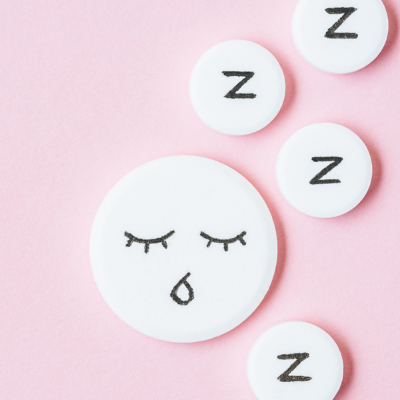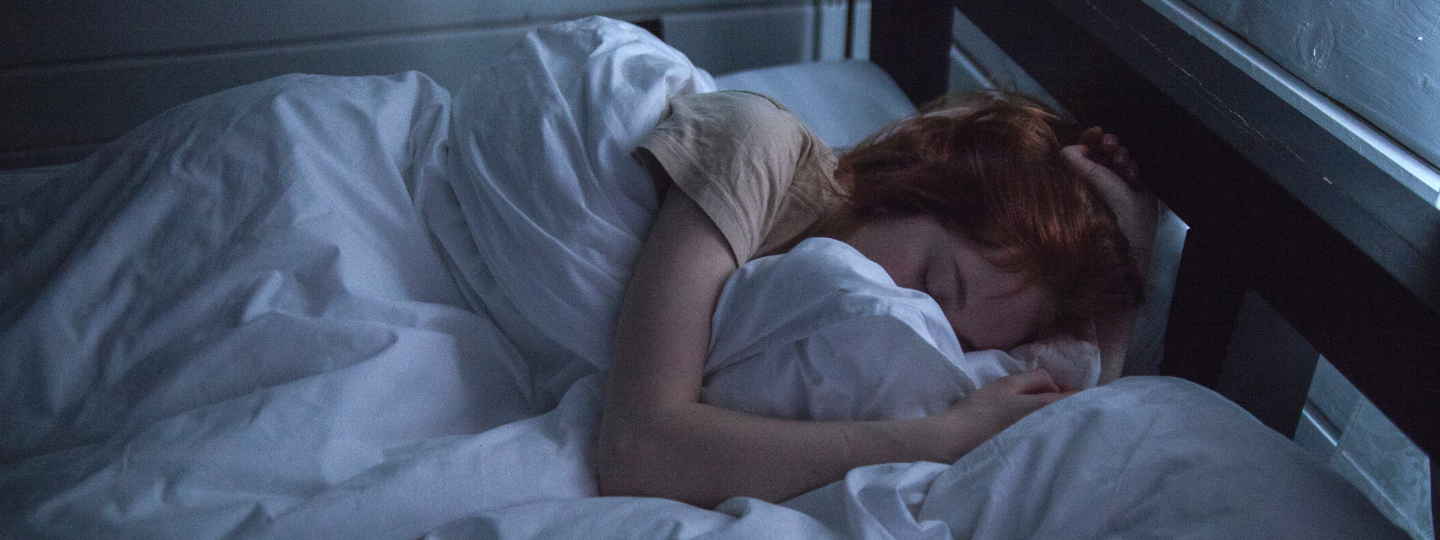Exercise and mental health
Exercise and mental health
We all know that exercise is good for our mental health. Here a Jigsaw Clinician talks about why it can help and ways to incorporate it into our lives.

Let’s face it, we all know that exercise is good for us. ‘Get active’ is one of the five recommended things to do every day to support our mental health.
Some people don’t have any issue going to the gym and fitting in runs. For others, finding the time, energy or motivation to get out of bed, let alone exercise isn’t easy.
Here we will look at exercise and mental health, how they are related and ways to incorporate it into our lives. Think of exercise as any activity that increases your heart rate and breathing.
In this article you’ll find:
Exercise and mood
When we exercise, endorphins are released in our body. These chemicals are designed to reduce our experience of pain and trigger a positive sense of wellbeing. Exercise also helps to increase serotonin. This helps to regulate our mood, sleep and appetite.
Exercise and anxiety
When we feel stressed or anxious, tension often builds up in our muscles. This can cause headaches, back or neck ache. Exercise helps to release this build-up of tension.
Some engaging activities, such as team sports, can act as a great distraction from anxious thoughts and feelings. Other types of repetitive exercise, such as running, cycling or swimming, can act as a kind of meditation. So while you’re exercising you can allow your mind to relax.
Exercise and self-esteem
Exercise can help us to feel better about ourselves. It can give us a sense of purpose and something to aim for. Achieving a goal we have set can increase our confidence in ourselves and our abilities. Through exercise, we can start to appreciate our body and what it can do.
Exercise can also be a great way to help us to meet new people. This can stop us from feeling isolated and unsupported. It gives us something to talk about and share with others.
Exercise and sleep
We all know that when we’re tired, things can feel a lot worse. In general, exercising regularly makes it easier to fall asleep. It also contributes to better quality sleep.
However, exercising sporadically or right before going to bed can make falling asleep more difficult.
Our body temperature rises during exercise and a cooler body temperature is associated with sleep onset. Ideally, finish your exercise at least a few hours before bedtime.
Read more about sleep and mental health.

How much exercise?
Any exercise is better than none. So, if all you can manage is a brisk walk to college a couple of times a week, that’s a good start. The HSE recommends at least 30 minutes of moderately intense activity, five days a week.
This does not have to be all together. Walking the dog for ten minutes and twenty minutes cutting the grass could do it. If you are nowhere near to achieving this level of activity, don’t worry. Note what you are doing and gradually try to add more activity into your day.
Where to start?
If you haven’t exercised much before, start off slow. Don’t push yourself too hard too soon. Set yourself short and longer terms goals that are achievable. You may not feel the full benefit of getting active immediately, but give yourself a chance to get into it.
Maybe there was an activity that you used to enjoy but it has fallen by the wayside? Remember how you felt when you were doing it and think about getting back to it.
It might be that you haven’t found a physical activity you enjoy yet. Look into options available in your area. Many clubs and classes offer taster sessions for you to try before signing up to something.
Lack of time and money can often feel like barriers to getting active and exercising. There are many options which are free such as walking, outdoor gyms and park runs.
Trying to build activity into your daily routine can also help. Can you get off the bus a stop early? Can you go for a walk while listening to that podcast? Would you like to do some exercising in front of your TV at home?
Remember, short bursts of activity can work just as well as longer workouts.
Staying motivated
One of the main problems with getting regular exercise is that when our mental health is not great it can decrease our motivation.
- Ask friends and family to join you in exercise activity. Doing it with someone else can help with motivation
- Be clear about your goal
- Ask people around you for their support and encouragement
- Make your activity something you look forward to rather than a chore
- Accept there will be days when you don’t feel like doing anything. Don’t beat yourself up about this, just start over again the next day
- Focus on how you will feel after you have done what you set out to do.
Getting regular physical activity is an important part of caring for our physical, emotional and mental health. Be kind to yourself and find a way to incorporate exercise into your life.


